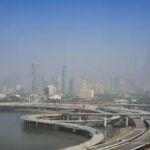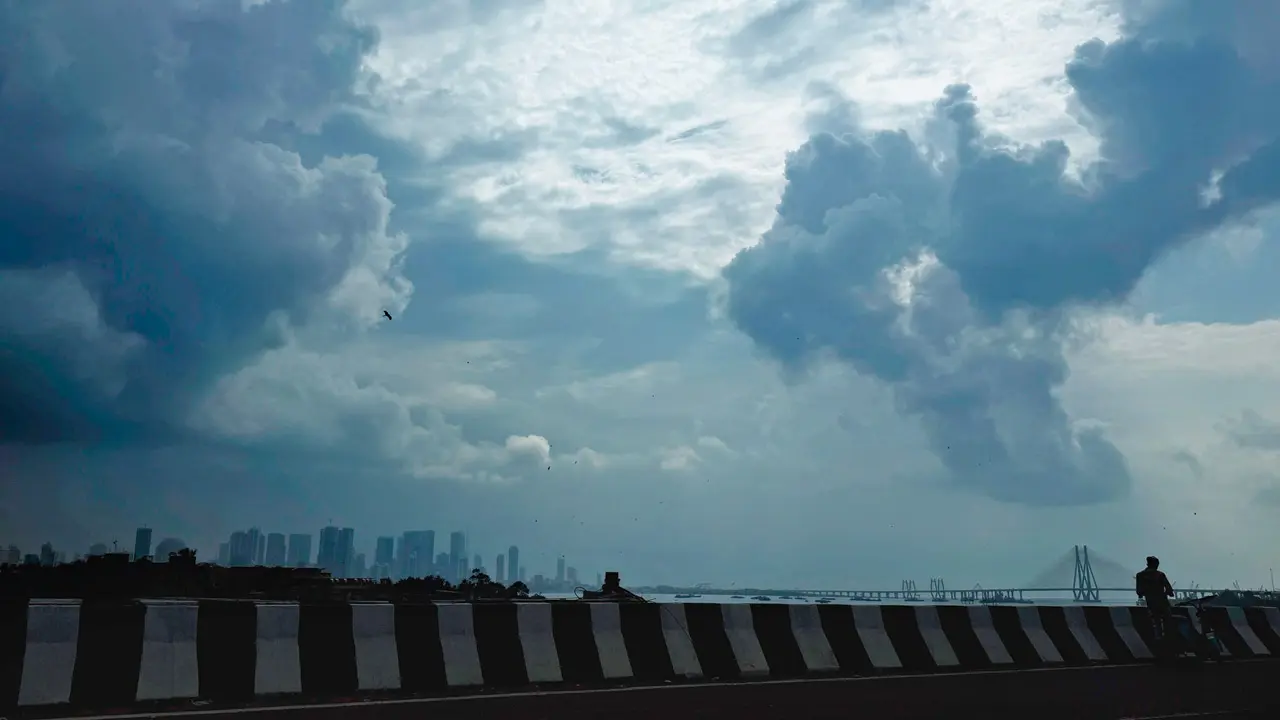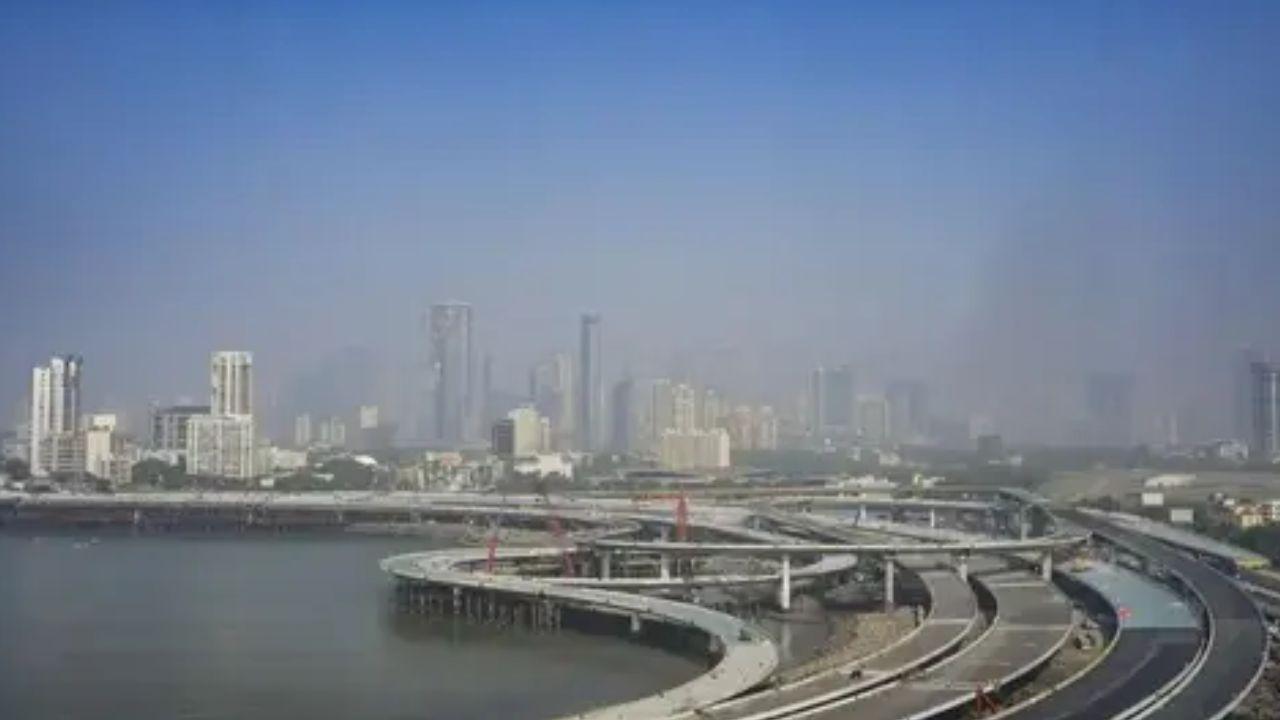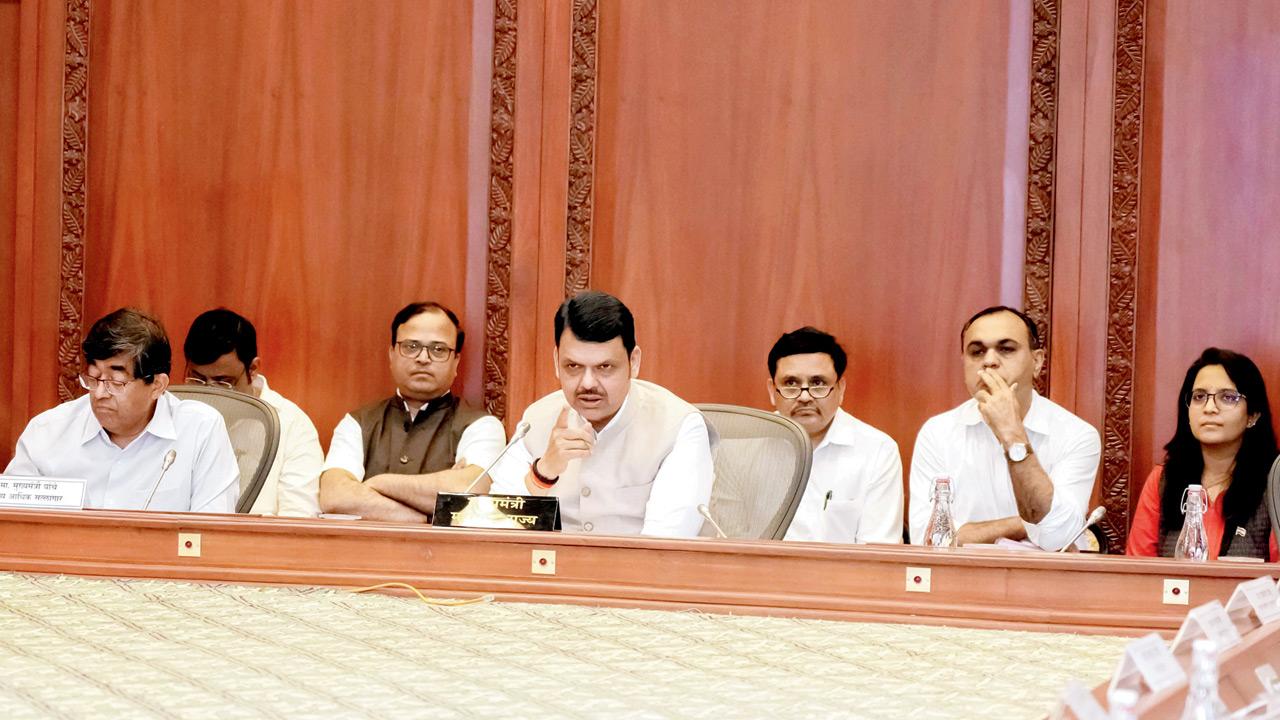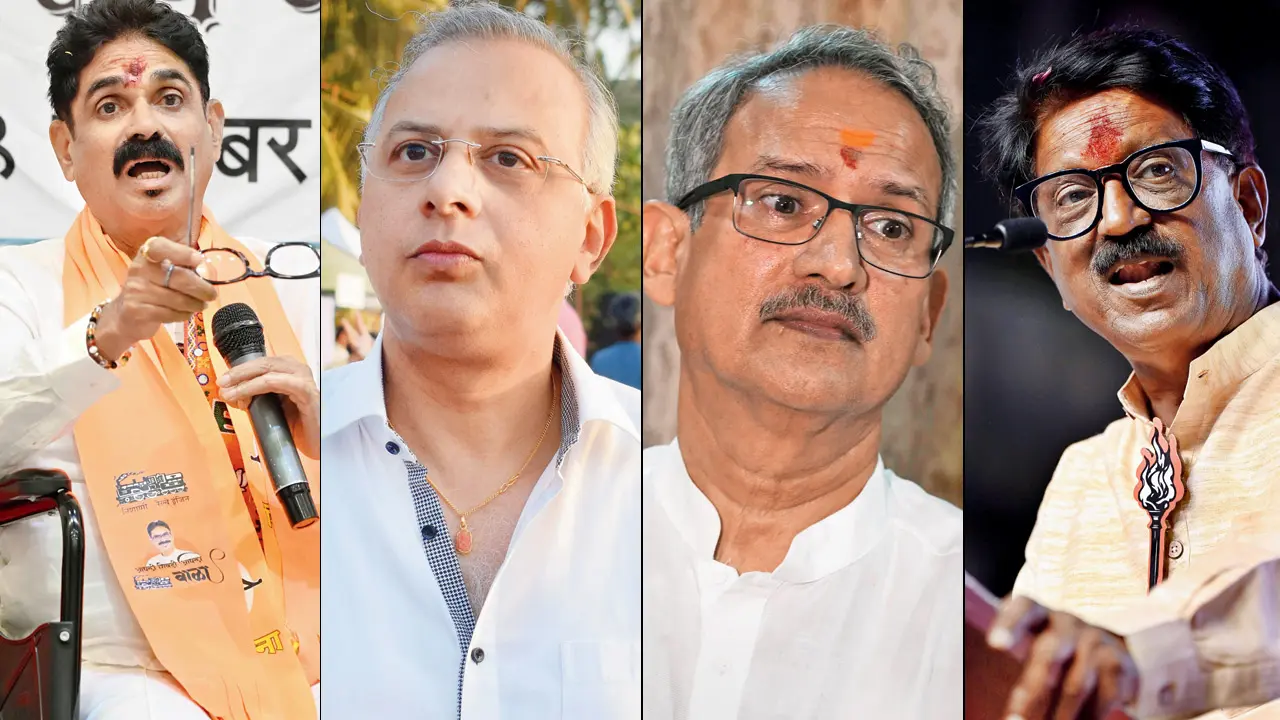While the southwest monsoon bid farewell to Maharashtra on October 10, the city and a few other parts of the state are still witnessing rainfall. Speaking to mid-day, Sushma Nair, a scientist at India Meteorological Department’s (IMD) Regional Meteorological Centre (RMC) in Mumbai, stated that rainfall would vanish completely from the city only after mid-November. “However, we will see a reduction in rainfall from November 8 or 9, and then the dry season will slowly begin. Once the sea surface temperature cools down completely, there will automatically be a start to the dry season, which is expected to begin latest by mid-November,” she added.
Why has the city been experiencing extreme heat during the day and decent rainfall during evenings? Explaining the current situation, the scientist further mentioned that this is a result of low-pressure density that has formed and stayed throughout the Arabian Sea for almost 10 days in the second half of October. “There is always a post-monsoon season after October, which is highly favourable for cyclones and cyclonic activities.
When we say favourable conditions, it means that the October heat we experience on land is present in the sea surface temperature. So, when the sea surface temperature increases, certain atmospheric disturbances are created and low-pressure density is formed. Thus, we experience extreme heat during the daytime and rainfall in the evenings.”
However, now as the low-pressure density has reduced, we are seeing a gradual reduction in rainfall. Though there are a few synoptic situations due to which certain conditions favourable for thunderstorms are created. This is why some areas such as Marathwada and South Konkan may experience thunderstorms along with rainfall, while Mumbai may receive light showers.
`Improve immunity`
The change in weather is highly favourable for bacterial formation and the spread of communicable diseases, so doctors suggest increasing intake of proteins and vitamins to improve one`s immune system. “Intake of warm water, fruits, and green vegetables is necessary. Also, one must avoid eating outside food for at least a week after the rainfall is gone completely. This will help you avoid regular diseases such as cold, cough, flu and even food poisoning – something that attacks your immune system directly by compromising your gut’s functionality — and also protects you from catching any infections,” said Dr Nilesh Pai, a general physician.

